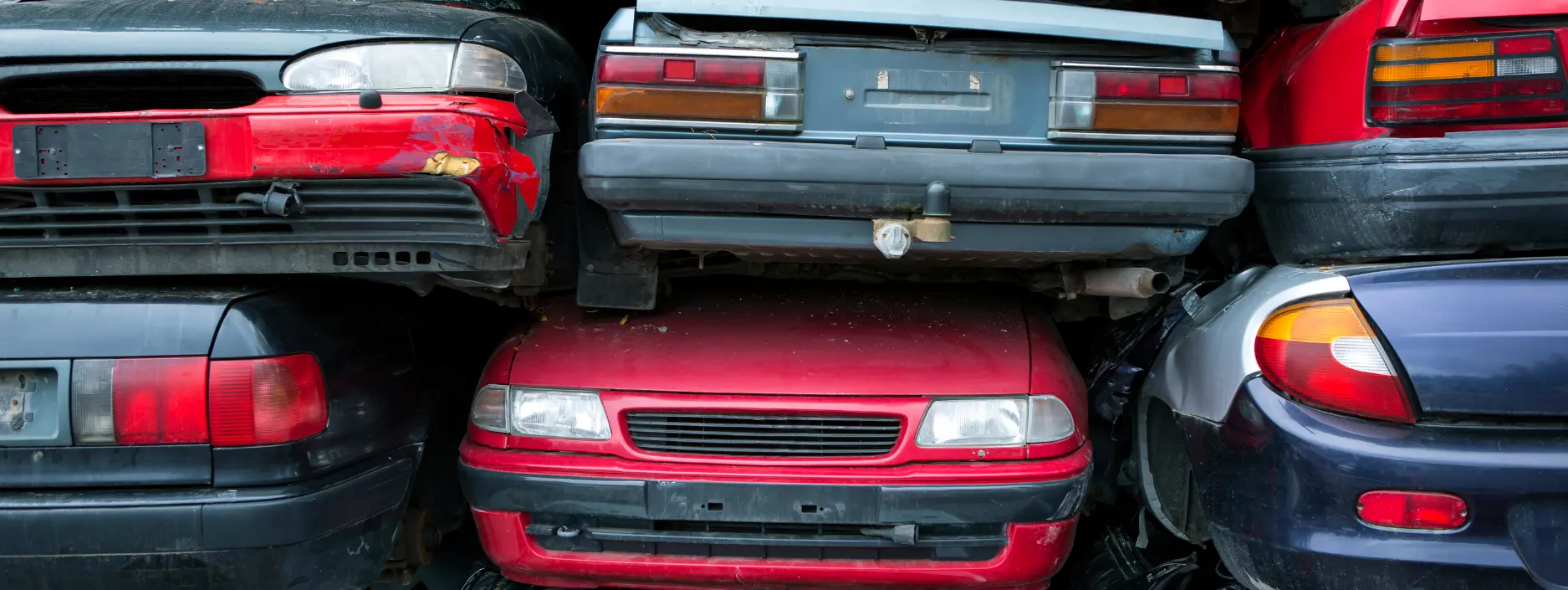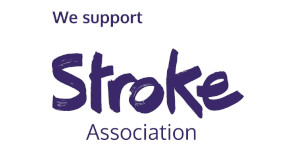‘Tiredness can kill – Take a break’ is not just a slogan, and it could well be some life-saving advice when you’re embarking on a long journey. Driving fatigue accounts for one in five of all accidents, so making sure you are taking the relevant steps to prevent sleep deprivation when behind the wheel is one of the most important things you can do. Scrap Car Comparison guides you through some of the dangers of driving whilst tired, and things you can do to stay awake and alert when driving.
If your vehicle has been damaged as a result of a lack of sleep, either on your part or another driver’s, then you may be looking at ways of getting rid of a car that’s just a shell of its former self, literally. With Scrap Car Comparison, all you need to do is provide us with your postcode and registration number and we’ll do the rest. No car is too battered for us, nor is anything too old, too young or whatever else, and with a network that spans 99% of the country, we’ll even throw in free collection, too!

Why does driving make you tired
It’s a well known trick among new parents that one of the easiest ways to get a youngling to sleep is to take them out for a drive in the car as, chances are, they’ll fall asleep sooner in a moving car than they will at home. In fact, it’s been said that driving can bring on drowsiness in as little as 15 minutes. But why is that? It’s mostly down to the vibrations your body is put through while you’re motoring along. An Australian university carried out research into why we feel drowsy when in the car, and their results found that the frequency of vibration is around seven cycles per second, which is in line with that of our brain wave activity. This is compounded with the addition of road noise, which our brain reacts to in a similar way to white noise, all of which can result in our brains beginning to enter sleep mode.
Is driving tired the same as driving drunk
Everyone knows that driving while drunk is an absolute no-no and should never be even considered, yet driving drowsy seems to be more of a “well, you shouldn’t do that really”. However, driving while tired should very much be warned off just as much as driving after having a few too many to drink. Studies have shown that driving while tired can have the same effect on your brain as alcohol. If you’re behind the wheel after being awake for 20 hours, then the impairments caused by your tiredness is on par with that of a 0.08% blood alcohol content, which is the legal drink-drive limit.
Is driving while tired illegal?
There is no law surrounding driving while tired – most probably because it’s impossible to police – but your chances of being involved in an accident increase the more fatigued you are behind the wheel. If you are found to be at fault in a collision then you could be handed a dangerous driving penalty – and this could see you put behind bars for up to 14 years.
What are the dangers of driving tired?
A fifth of all accidents on the roads are caused by tiredness, making it one of the most prevalent dangers when you get behind the wheel at any time. A lack of sleep can be caused by a number of reasons, but when you’re driving you could see your judgement and reaction times severely diminish. This means your ability to identify oncoming dangers is hindered, and as a result, driving fatigue is a regular cause in rear-end impacts.
Driving tired also affects your coordination, so you may find yourself drifting between lanes and also unable to maintain a constant speed. Crashes involving tired drivers are often at high speed and with little-to-no brake input due to the driver being asleep. A driver asleep at the wheel was the cause of the worst UK rail disaster of the 21st Century, when his Land Rover plummeted off the M62 and landed on the East Coast Main Line, resulting in a collision between two trains, killing ten and seriously injuring a further 80.
How often should you take breaks when driving long distances?
We’ve all been there, heading for a 3-4 hour journey and deciding that going straight through to get there as soon as possible is the best route to take. However, in doing so you’re putting yourself and others in danger. Although it is not a legal requirement, Rule 91 of the Highway Code provides a recommendation that for every two hours you’re driving, you should take a break of at least 15 minutes. Studies by the RAC have shown that 99% of drivers ignore this suggestion and, even more alarmingly, over a quarter of drivers who go abroad have admitted to driving for over five hours without a break.
Top tips for for the prevention and treatment of tired driving
If you start to feel drowsy when behind the wheel, then it’s important to take the appropriate action as soon as possible.
- At the next opportunity, exit the motorway and find somewhere to take a break – ideally a service station, although in the worst case scenario there’ll be a petrol station relatively close by to the next exit slip road.
- Do not stop on the hard shoulder
- Take on caffeine – either two cups of coffee or a drink with similar caffeine levels
- If possible, take a 15-20 minute power nap
It is possible to try and fight off the dangers of tired driving, either by planning your upcoming journey accordingly or by being aware of the rest of your day, not just when behind the wheel.
- Drive for no more than eight hours a day.
- Plan for a 15 minute break every two hours
- Plan your route so that breaks are available – potentially stopping overnight if need be.
- Only eat light meals, as a heavy meal can cause drowsiness
- Don’t set off on a long journey after strenuous exercise as you’re more likely to be fatigued
- Driving at a time when you’re normally asleep – particularly the morning – can be extra risky, so take extra precautions in this case
Are you needing to fix up your van after a sleep-deprived incident and know you just won’t have the time or money to get it back to a roadworthy condition, or perhaps you’re after a newer car with all the bells and whistles that can warn you when you’re in danger of dozing off. Whatever the reason, Scrap Car Comparison is here to help you. We only deal with certified Authorised Treatment Facilities, meaning you can be safe in the knowledge that your car will be scrapped and recycled in line with all of the government regulations. Get started today by getting a quote in just 60 seconds and find out just how much your old could be worth.

